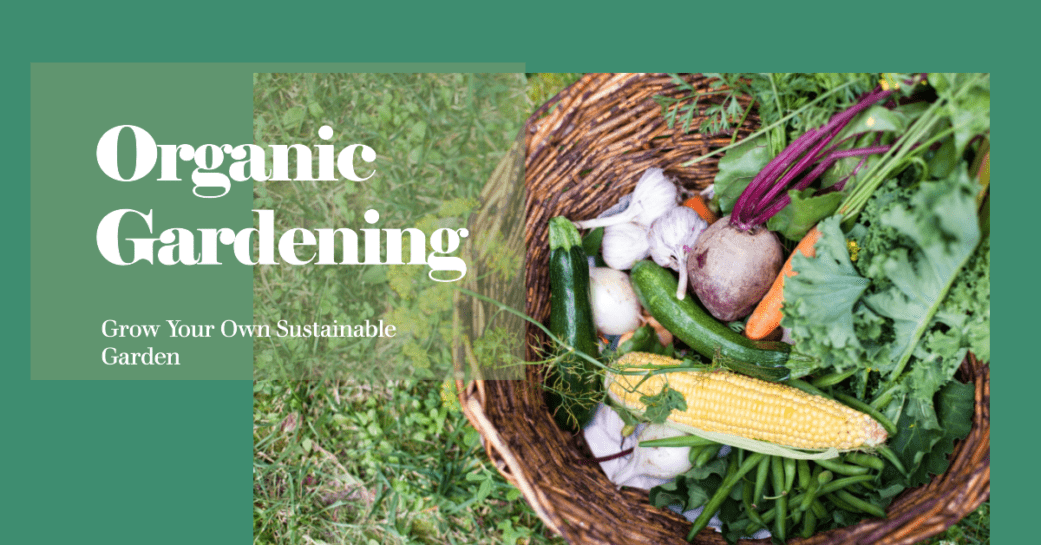The Benefits of Organic Gardening
The Benefits of Organic Gardening-
Organic gardening has gained popularity in recent years as people become more conscious of the impact of chemicals on their health and the environment. This method of gardening focuses on using natural techniques and materials to grow plants, without the use of synthetic fertilizers or pesticides. In this comprehensive guide, we will explore the numerous benefits of organic gardening and why it is worth considering for your own garden.
One of the primary advantages of organic gardening is the health benefits it offers. By avoiding the use of synthetic chemicals, you can ensure that the food you grow is free from harmful residues. This means that you and your family can enjoy fresh, nutritious produce without worrying about the potential health risks associated with chemical residues. Organic gardening also promotes biodiversity, as it encourages the presence of beneficial insects and wildlife that help control pests naturally.
In addition to the health benefits, organic gardening is also beneficial for the environment. Synthetic fertilizers and pesticides can have detrimental effects on soil quality, water sources, and wildlife. By using organic methods, you can help protect the ecosystem and reduce pollution. Organic gardening practices focus on building healthy soil through the use of compost and natural amendments, which improves soil structure and fertility over time. This not only benefits your garden but also contributes to the overall health of the planet.
Another advantage of organic gardening is the cost savings it can provide. While it may require more effort initially to establish organic practices, in the long run, you can save money by reducing the need for expensive synthetic fertilizers and pesticides. Organic gardening relies on natural methods of pest control, such as companion planting and crop rotation, which can help minimize the need for chemical interventions. Additionally, by composting kitchen scraps and yard waste, you can create your own nutrient-rich soil amendment, eliminating the need to purchase expensive fertilizers.
Organic gardening also offers a sense of satisfaction and connection to nature. By working with natural processes and observing the cycles of growth and decay, you can develop a deeper understanding and appreciation for the interconnectedness of all living things. Gardening organically allows you to become more attuned to the needs of your plants and the environment, fostering a sense of mindfulness and stewardship.
Furthermore, organic gardening can be a great way to teach children about the importance of sustainable practices and the value of nature. By involving them in the process of growing their own food, you can instill in them a sense of responsibility and a love for the natural world. Organic gardening provides an opportunity for hands-on learning, as children can witness firsthand the impact of their actions on the plants and the environment.
In conclusion, organic gardening offers a multitude of benefits, ranging from improved health and environmental protection to cost savings and a deeper connection to nature. By adopting organic practices in your garden, you can contribute to a healthier and more sustainable future. So why not give it a try and experience the rewards of organic gardening for yourself?
